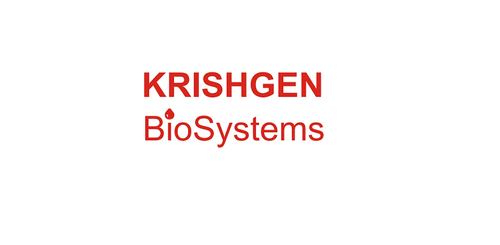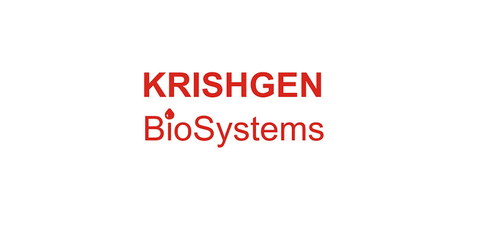Product Description
Human Lysosomal Pro-X carboxypeptidase (PRCP) ELISA Kit | AE26116HU | Abebio
Species Reactivity: Human (Homo sapiens)
Abbreviation: PRCP
Alternative Name: HUMPCP; MGC2202; PCP; angiotensinase C|lysosomal Pro-x carboxypeptidase|lysosomal carboxypeptidase C|proline carboxypeptidase|prolylcarboxypeptidase|prolylcarboxypeptidase isoform 1 preproprotein
Application: ELISA
Range: 78.1-5000 pg/mL
Sensitivity: 30 pg/mL
Intra-Assay: ≤4.9%
Inter-Assay: ≤7.3%
Recovery: 0, 94
Sample Type: Serum, Plasma, Other biological fluids
Detection Method: Sandwich
Analysis Method : Quantitive
Test Principale: This assay employs a two-site sandwich ELISA to quantitate PRCP in samples. An antibody specific for PRCP has been pre-coated onto a microplate. Standards and samples are pipetted into the wells and anyPRCP present is bound by the immobilized antibody. After removing any unbound substances, a biotin-conjugated antibody specific for PRCP is added to the wells. After washing, Streptavidin conjugated Horseradish Peroxidase (HRP) is added to the wells. Following a wash to remove any unbound avidin-enzyme reagent, a substrate solution is added to the wells and color develops in proportion to the amount of PRCP bound in the initial step. The color development is stopped and the intensity of the color is measured.
Product Overview: Lysosomal Pro-X carboxypeptidase is a lysosomal prolylcarboxypeptidase, which cleaves C-terminal amino acids linked to proline in peptides such as angiotension II, III and des-Arg9-bradykinin. The cleavage occurs at acidic pH, but the enzyme activity is retained with some substrates at neutral pH. This enzyme has been shown to be an activator of the cell matrix-associated prekallikrein. The importance of angiotension II, one of the substrates of this enzyme, in regulating blood pressure and electrolyte balance suggests that this gene may be related to essential hypertension. Alternatively spliced transcript variants encoding distinct isoforms have been observed.
Stability: The stability of ELISA kit is determined by the loss rate of activity. The loss rate of this kit is less than 5% within the expiration date under appropriate storage condition. The loss rate was determined by accelerated thermal degradation test. Keep the kit at 37°C for 4 and 7 days, and compare O.D.values of the kit kept at 37°C with that of at recommended temperature. (referring from China Biological Products Standard, which was calculated by the Arrhenius equation. For ELISA kit, 4 days storage at 37°C can be considered as 6 months at 2 - 8°C, which means 7 days at 37°C equaling 12 months at 2 - 8°C) .
 Euro
Euro
 USD
USD
 British Pound
British Pound
 NULL
NULL








